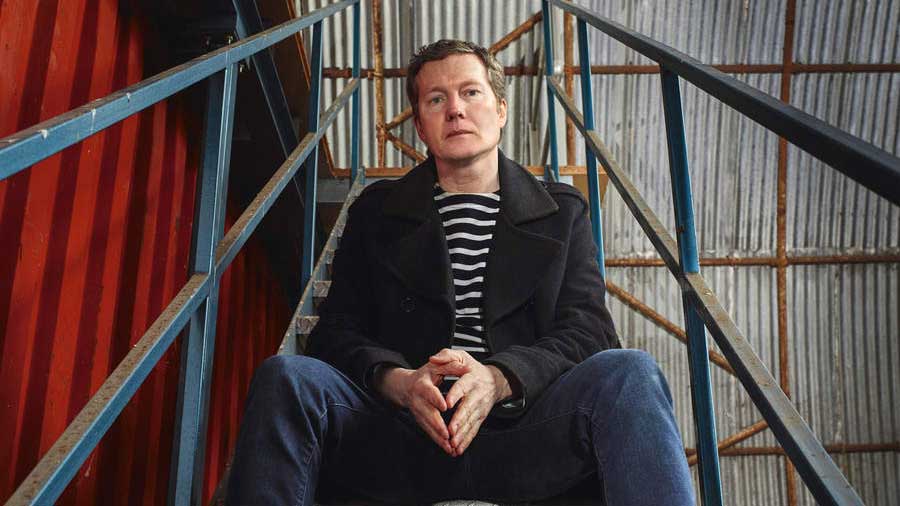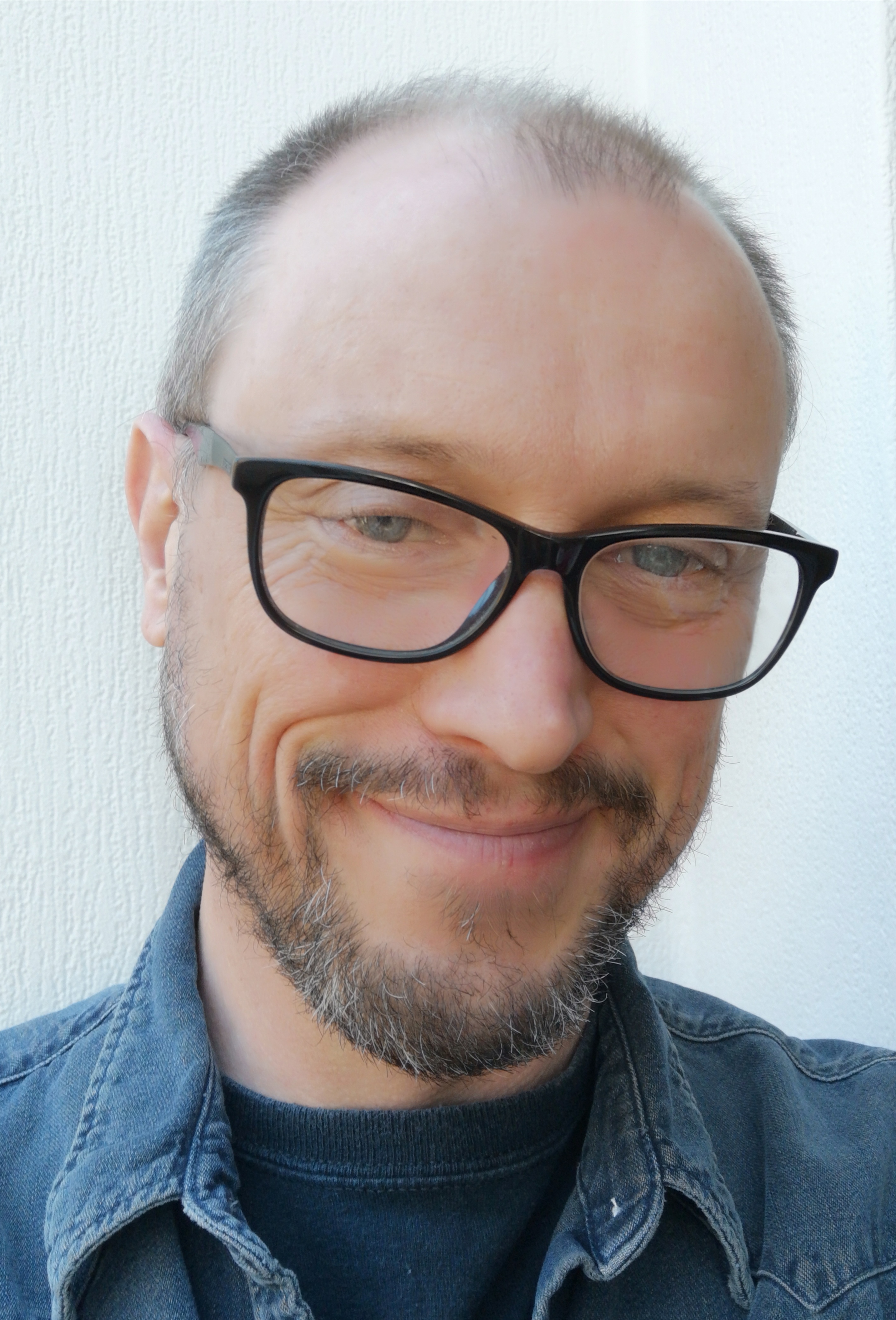Acclaimed UK artist Tim Bowness formed the influential No-Man in 1987 with Steven Wilson (the pair’s podcast The Album Years is a must-hear), and over his 40-year career his classy, moody music has made his name in rock’s progressive circles.
Jethro Tull’s Ian Anderson, Van der Graaf Generator’s Peter Hammill and Magazine’s Dave Formula are among the guests on Butterfly Mind, his seventh solo album.

So much has changed since you started out. Are we in a better place now than we were in 1982?
I started off in bands as a teenager during the Falklands War, and politically and in terms of global threat we're probably in as bad a position today, if not worse. Certainly it’s an awful lot worse for musicians – the opportunities are fewer, despite there being more media outlets. I don’t envy any musician starting off in 2022.
Creatively, what were you going for on Butterfly Mind?
Every album I make is a reaction to the previous one – either a continuation of what I was doing or, as with Butterfly Mind, a complete rejection of it. I wanted to make something that surprised both me and the listener.
It’s Easier To Love and Dark Nevada Dream are in the ‘atmospheric ballad’ territory I’m most know for, but songs like Only A Fool and Always The Stranger are the short, sharp shocks. It’s one of the most experimental albums I’ve made, but one of my most direct and accessible as well.
Ian Anderson, Peter Hammill and Dave Formula bring a lot of vitality and experience to the record.
Completely. All three are in their mid-seventies and they’re still interesting, interested, and as creative, energetic and powerful as they ever were.
Your friend Steven Wilson mixed and mastered the album. What does he bring to a project in that capacity?
He’s one of the best mixers in the world, and because I’ve been in a band with him since 1987 he has an incredible sense for what I might like – including the surprises – and he’s accepting when I say: “Okay, could you look at it in this way?” He’s phenomenally quick too, because he has such a feel and enthusiasm for music.
Are No-Man still a going concern?
We’ve never split up and we’re continually in contact, but we’re both involved in quite a lot of projects. I really hope we do something fresh with No-Man before we both expire. But I couldn’t tell you when that’ll be. Maybe September 2036?
Your podcast The Album Years is up to 1978 – The Who, Springsteen, Tom Waits and Queen are all in there. Do classic rock bands feature in your own musical listening?
I’m a huge fan of The Who, and Bohemian Rhapsody was one of the first records I bought as a kid; it’s a magnificent piece of work. The late seventies/early eighties was the most exciting period for me. I’d listen to John Peel but also to Tommy Vance, and both introduced me to artists that excited me.
So there was Pink Floyd’s The Wall, Fleetwood Mac’s Tusk, and also Magazine, Joy Division and Wire coming through, and Peter Gabriel, Robert Fripp and Brian Eno were responding to that new energy. That period is a bit of a sweet spot for me.
Tim Bowness's Butterfly Mind is out now via InsideOut/Sony.

